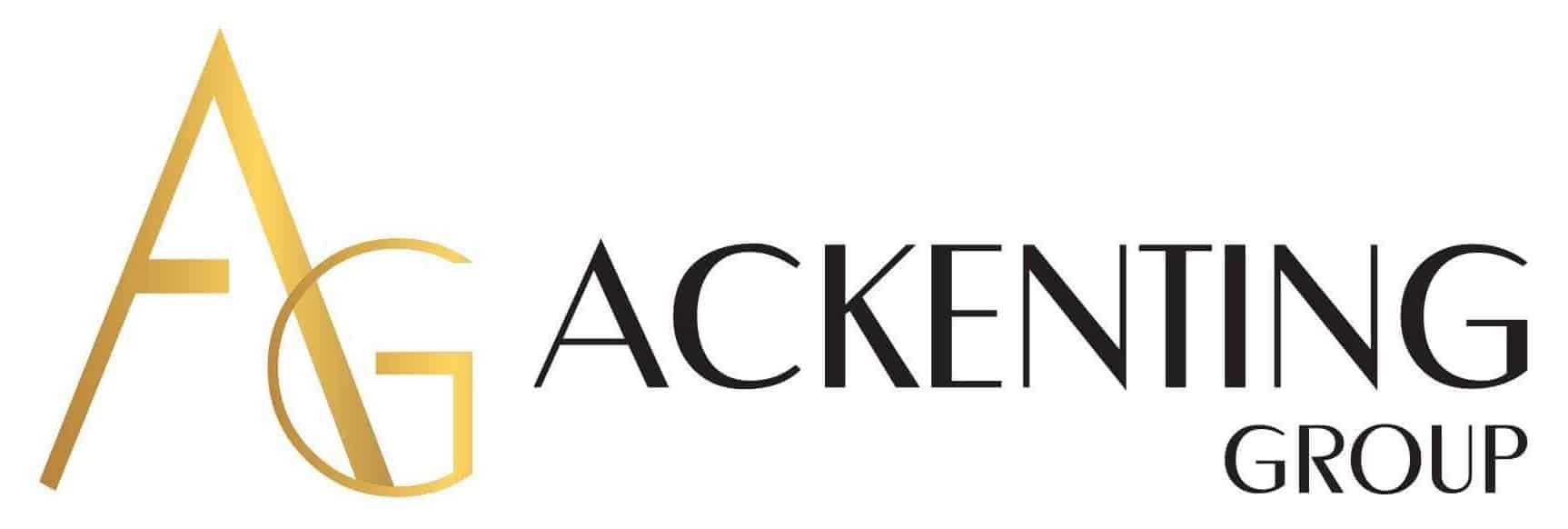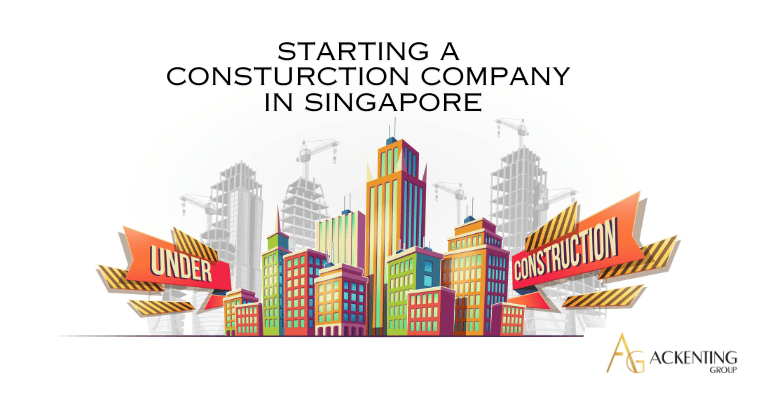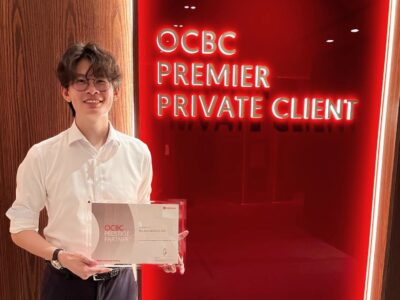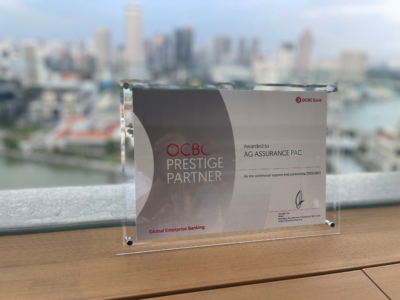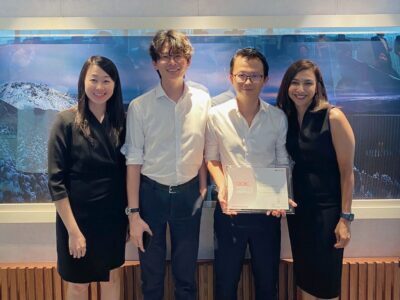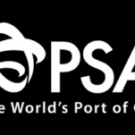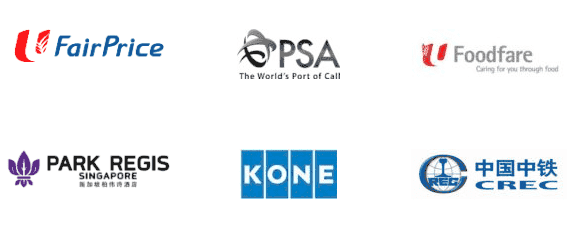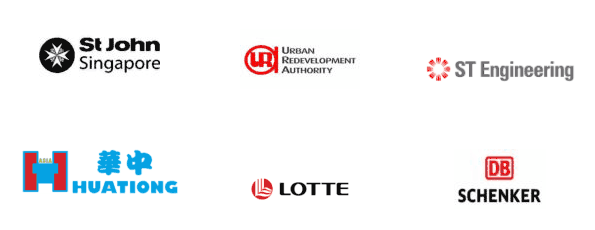According to Singapore Statistics ,the construction sector’s contribution to Singapore’s GDP rose to SGD 3,879.50 million in the third quarter of 2023, up from SGD 3,847.40 million in the preceding quarter. Since 1975, the average quarterly GDP contribution from construction in Singapore has been SGD 2,351.06 million. The sector’s peak performance was recorded in the second quarter of 2016, with a high of SGD 5,248.80 million, while its lowest contribution was SGD 543.20 million in the first quarter of 1975.
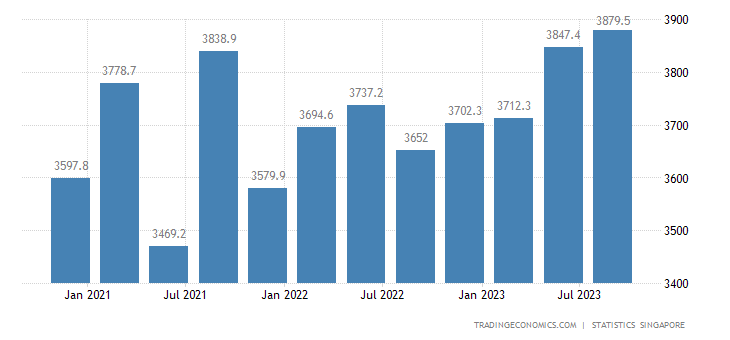
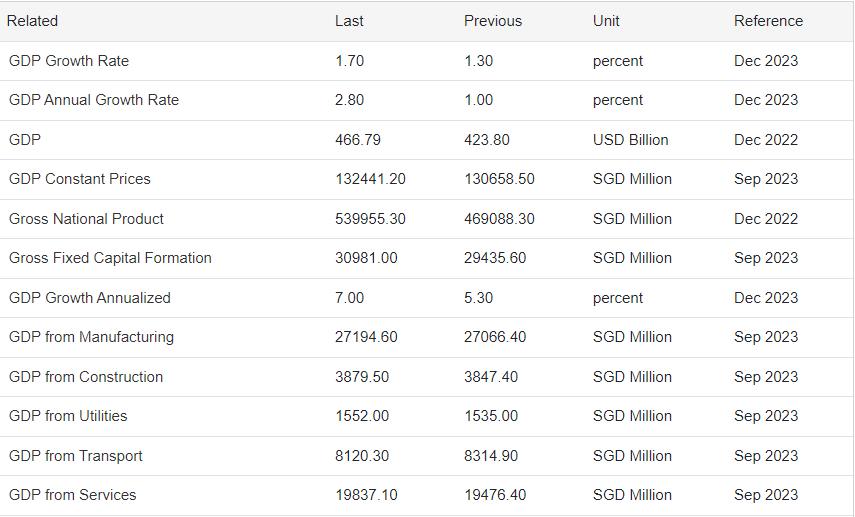
Source:https://tradingeconomics.com/singapore/gdp-from-construction
This article provides guide on how to setup a construction company in Singapore.
Starting a construction company in Singapore requires meticulous planning and adherence to a comprehensive set of regulations and procedures. This ensures that the business operates within the legal framework, maintaining the high standards of safety, quality, and professionalism that the Singaporean construction industry is known for. Below is an expanded guide detailing the essential steps and considerations for establishing a construction company in Singapore, structured to provide clarity and direction for prospective construction business owners.
Construction Business Incorporation
The first step towards starting a construction company in Singapore is to incorporate your business. The choice of business structure has significant implications for liability, taxation, and operational flexibility. The options include:
- Limited Company: Offers limited liability to its shareholders, separating personal assets from business liabilities. This structure is preferred for its credibility and the ease of raising capital.
- Unlimited Company: Owners have unlimited liability, which means personal assets can be used to cover business debts.
- Multi-Disciplinary Partnership: Allows professionals from different disciplines to offer their services under one entity, enhancing service diversity.
- Limited Liability Partnership (LLP): Combines the flexibility of a partnership with the benefits of limited liability for its partners, suitable for professional services like engineering.
Choosing to incorporate as a Singapore private limited company is most advantageous for reasons including legal entity status, limited liability, tax benefits, and a reputable business image. For foreign entities, establishing a subsidiary or a branch office in Singapore are viable options, each with its unique benefits and considerations.
Generally, it’s recommended to engage a professional accounting firm in Singapore to manage the intricacies of company registration, tax matters, business licensing, work visas and audit services in Singapore.
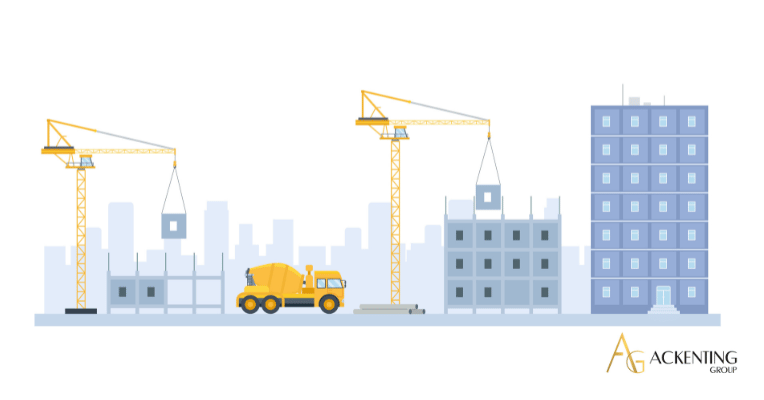
License to Offer Professional Engineering Services
Under the Professional Engineers Act, it’s mandatory for firms intending to provide professional engineering services in Singapore to obtain a license from the Professional Engineers Board (PEB). This requirement spans across a broad spectrum of construction-related activities in Singapore, ensuring that only qualified and competent entities engage in the construction industry.
To obtain special permits and licenses in Singapore, construction companies engaged in various activities must comply with the following criteria:
- Building Completion Activities:
- Execution of curtain walling or cladding.
- Conducting glass and glazing operations.
- Performing joinery and woodwork.
- Building Construction Services:
- General contractors focused on building construction and significant upgrades.
- Renovation contractors dedicated to building refurbishments.
- Contractors for structural repairs.
- Building Installation Services:
- Electrical installations.
- Setting up building equipment, including elevators, escalators, and travellators.
- Installing awnings and window shades.
- Implementing automated building systems for monitoring.
- Setting up fire protection and security alarm systems.
- Installing solar control films.
- Installing heating, air-conditioning, and other plumbing solutions.
- Mixed Construction Services:
- Undertaking a combination of construction activities.
- Specialized Construction Services (Excluding Building Construction):
- Constructing infrastructure like bridges, tunnels, viaducts, and highways.
- Engaging in communications and power line construction.
- Building dams and implementing drainage systems.
- Performing marine construction, such as harbours, piers, docks, and wharves.
- Road construction.
- Laying water and gas pipelines and sewer systems.
- Conducting other forms of non-building construction, such as playground systems.
- Construction Equipment Leasing:
- Leasing out construction machinery and equipment.
- Site Preparation Services:
- Carrying out excavation and earth-moving.
- Engaging in land reclamation and landscaping.
- Conducting soil investigation, treatment, and stabilization.
- Performing wrecking and demolition.
- Structural Repair Services:
- Bricklaying, stone setting, and cementing.
- Foundation laying.
- Manufacturing structural pre-cast components.
- Roofing and other structural repairs.
- Other Specialized Construction and Related Services:
- Providing sandblasting or shot-blasting services.
- Offering scaffolding services.
These detailed activities outline the extensive scope of work that requires licensing, emphasizing the need for construction firms to adhere to regulatory standards to operate within Singapore’s construction industry.
This guide offers insights into establishing a construction company in Singapore. Please be aware that the information shared herein serves as a general overview and should not substitute for professional counsel.
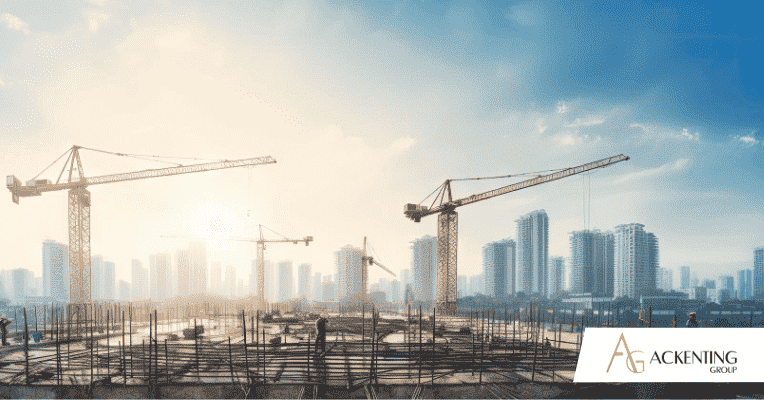
Licensing Criteria for Starting a Construction Company in Singapore
For a limited company to be eligible for this license, several criteria must be met:
- Objective: The company’s constitution must explicitly state that its primary objective is to provide professional engineering services in Singapore.
- Capital: A minimum paid-up capital of S$500,000 to ensure financial stability.
- Management: A majority of the company’s directors should be registered professional engineers or allied professionals to guarantee professional oversight.
- Insurance: Adequate professional liability insurance is required to cover potential claims.
- Professional Oversight: The engineering work undertaken must be under the control of a registered professional engineer director, ensuring accountability and quality of work.
Approval of Premises
The location and setup of your business premises are subject to regulations and approvals from various authorities:
- Urban Redevelopment Authority (URA): Approvals are needed for conservation buildings or for changes in the use of a property.
- Building and Construction Authority (BCA): Necessary for structural modifications or to display signage.
- Singapore Civil Defence Force (SCDF): For fire safety works, ensuring compliance with safety regulations.
Professional Engineering Services License Application Procedure
Applying for the Professional Engineering Services License involves compiling and submitting a comprehensive set of documents to the PEB, including:
- The company’s constitution and articles of association.
- A detailed list of directors and shareholders, highlighting their professional status.
- Proof of professional liability insurance.
- Corporate documents such as the Certificate of Incorporation and latest Annual Return.
Other Licenses and Permits
Depending on the nature of your construction activities, additional licenses and permits may be required:
- Permit for Road Occupation Management: Necessary for any construction activity that impacts road use.
- Telecommunication and Advertisement Licenses: For installing telecommunication infrastructure and outdoor advertising.
- License to Operate Scheduled Premises: For industries with potential environmental impact, regulated by the National Environment Agency (NEA).
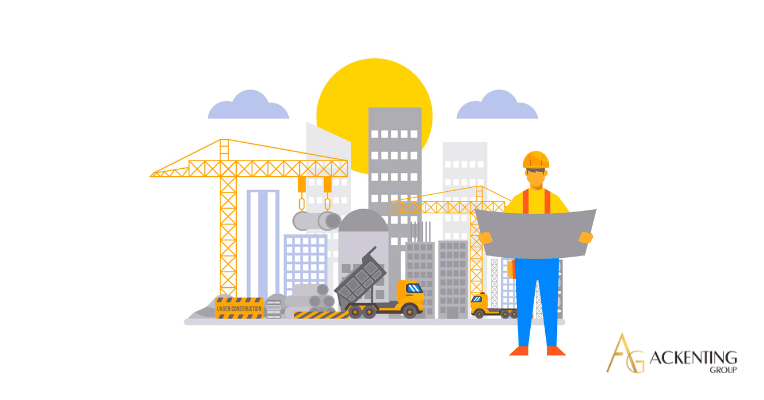
Hiring Staff
The construction industry in Singapore relies heavily on both local and foreign labor. Employing foreign workers involves navigating the Work Pass framework, which includes:
- Employment Pass: For skilled workers, requiring a minimum monthly salary.
- S Pass: For mid-skilled employees, with its own salary criteria.
- Work Permit (R Pass): For unskilled labor, subject to quotas and levies.
Hiring practices must comply with the Ministry of Manpower’s regulations, ensuring fair treatment and proper accommodation for foreign workers.
On a Final Note
Setting up a construction company in Singapore is a promising yet challenging endeavor. The regulatory landscape is designed to uphold the industry’s high standards, requiring businesses to demonstrate financial robustness, professional competence, and operational integrity.
Beyond the initial setup, ongoing compliance with legal, safety, and environmental regulations is crucial for sustaining operations and fostering business growth. Engaging with professional service providers can alleviate the administrative burden, allowing you to focus on core business activities and strategic development.
AG Singapore stands as a leading provider of accounting services in Singapore and is ready to support you in establishing your construction business in Singapore.
